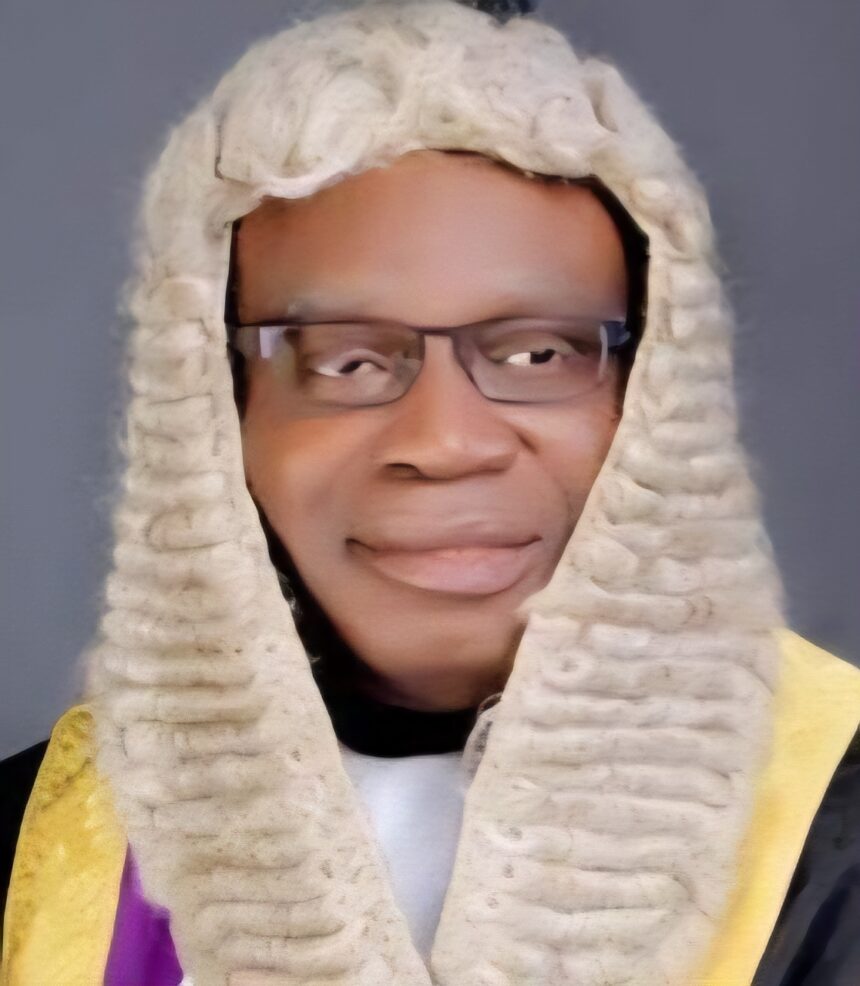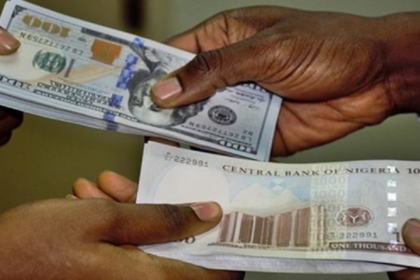As Rivers prepares for the return of suspended Governor Similayi Fubara, the situation has taken a new turn. His reinstatement, however, is fraught with uncertainty and complications.
Reports indicate that he has received approval from the presidency to resume his duties. Nevertheless, the political landscape has shifted once again, as a recent court ruling raises concerns about his potential removal from office.


After being suspended for six months by President Bola Tinubu due to escalating political tensions that resulted in chaos across the state, there were initial signs that Fubara would be reinstated.
This new legal decision casts a shadow over the green light from the presidency, adding another layer of complexity to an already tumultuous situation.
Chairman of the Council of Legal Education (CLE), Chief Emeka Ngige (SAN), has warned that Governor Siminalayi Fubara risks losing his governorship if the Supreme Court fails to urgently hear the pending case on the Rivers State political crisis before September 18.
Speaking in a live coverage by Symfoni, Ngige noted that the state of emergency declared in Rivers, which Fubara has challenged in court alongside 11 state governments, could lapse before the matter is heard, leaving the governor exposed to the same fate that befell former Plateau State governor Joshua Dariye during President Olusegun Obasanjo’s administration.
“I ventured into the Rivers State state of emergency. And I said the matter is in court, the soft duties. The governor in suspension has challenged it. Eleven state governments have challenged it. The federal government has filed their defense.
So what is stopping the hearing of this case? So my recommendation is that the Supreme Court should, as a matter of urgency whether they are on vacation or not, hear that matter immediately. The state of emergency will expire on 18th of September,” Ngige stated.
He cautioned that failure to hear the case would mirror the Plateau experience, where Dariye’s suit against his suspension was dismissed as “academic” after the state of emergency had lapsed. “We are not prejudging the outcome. The plaintiffs may lose or they may win. I’m not interested. But I don’t want a situation of what happened in Plateau to recur.
In Plateau, by the time the matter was listed, the plaintiffs were met with preliminary objection that the matter had become academic. And then even though the Supreme Court overruled that objection, on other grounds that they didn’t sue the Attorney General of the Federation, the suit was struck out,” he explained.
2027 Presidency: Top Political Analyst Uncovers Reason Atiku Is Nigeria’s Best Option




